Our Communities
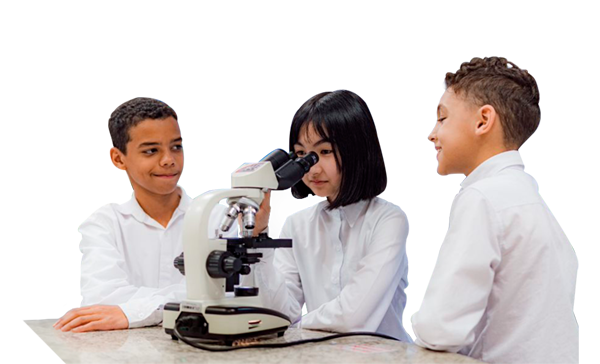
(GRI 3-3, 413-1)
At JBS, community engagement is a major component of our approach to social responsibility. Across our global operations, we actively support and uplift the communities where our team members and suppliers live and work. Each business unit tailors its approach to local contexts while aligning with global policies and sustainability goals. Through these diverse initiatives, JBS strives to foster economic prosperity, enhance social well-being, and champion environmental stewardship.
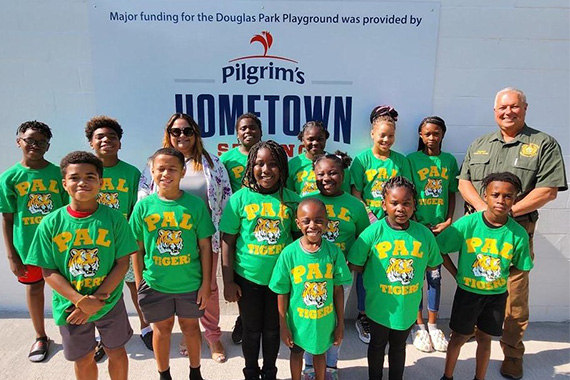
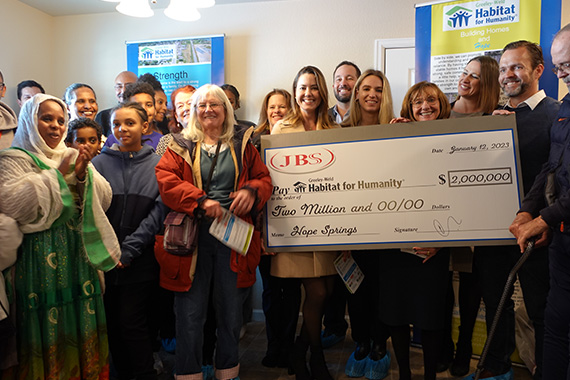
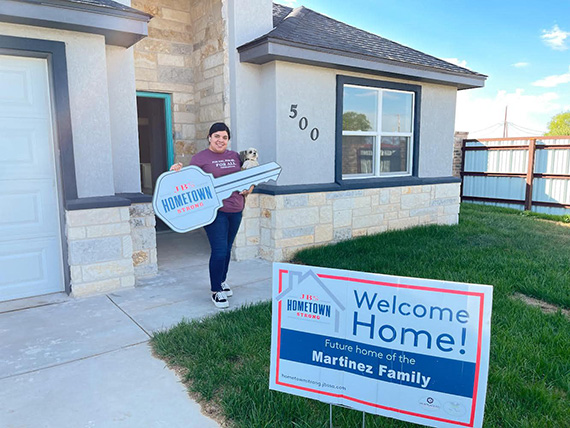
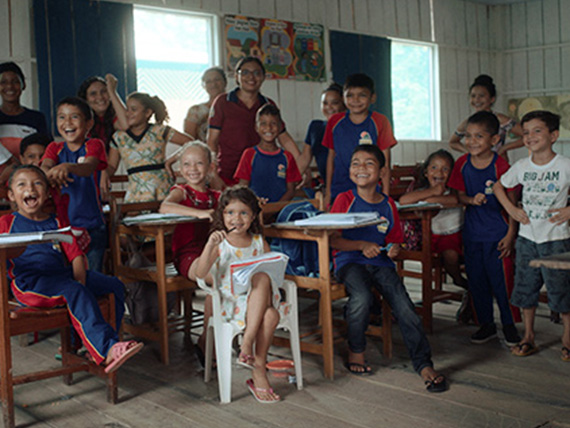
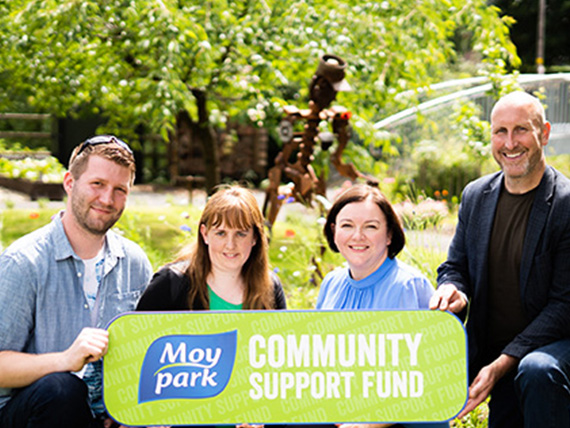
Case Studies:
Through Hometown Strong, a US$100 million initiative, JBS USA is building a better future together with the communities where we work and live. Since its inception, this program has invested millions of dollars into over 240 projects that enhance local infrastructure (e.g., housing), improve healthcare access, and support education and recreational opportunities. By collaborating with local governments and organizations, JBS.
For example, in Greeley, Colorado, JBS invested US$1.6 million to sponsor SmartLabs, a hands-on approach in which Science, Technology, Engineering, and Math (STEM) disciplines are integrated in schools. In Southeast Iowa, a US$1 million investment supported the construction of the Southeast Iowa Sports Center, providing a space for physical activity and community gatherings. These targeted efforts showcase JBS’s efforts to foster vibrant, resilient communities across the regions where we operate.
Learn more about our Hometown Strong initiative on our website.
- RestaurAmazônia: Supported 1,117 families, aiming to reduce deforestation by 50%, restore 1,500 hectares of pasture, and increase family income by 30%.
- Inclusive Community Economies: Invested R$3.1 million to improve income for 109 families by 27%, supported the production of 2,500 hectares of certified açaí, and established traceability and cooperative management systems.
- Indigenous Hands, Standing Forest: Benefited 1,000+ families by providing storage infrastructure, drying facilities, trailers, tools, and support for sustainable nut and cocoa processing across 16 Indigenous Territories.
- Fair & Sustainable Fishing Initiative: Supported 400+families by building infrastructure for a fish processing plant and mentoring community associations.
- Forest Peoples Connection: Provided internet and energy kits to 1,200+ families across 24 protected areas, enhancing access to information and resources.
Learn more about JBS Fund for the Amazon on our website.
